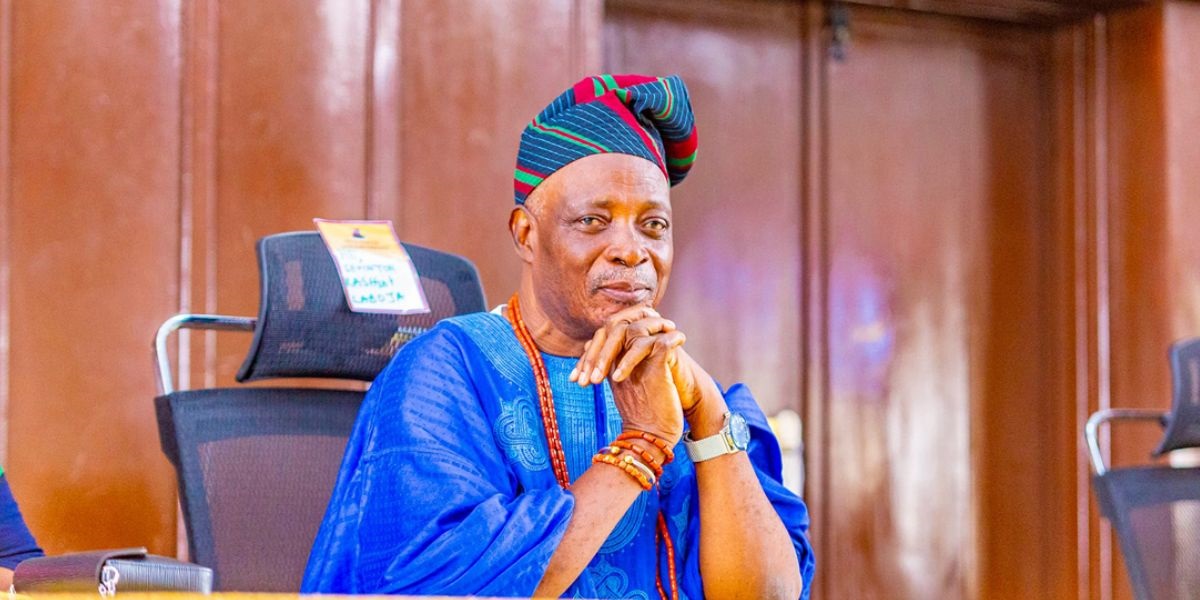To address the challenge of sexual harassment in Nigerian universities, the Development Research and Projects Centre (dRPC) is supporting the International Centre for Investigative Reporting (ICIR) with a N5 million grant to scale up its intervention project in universities in Nigeria.
Under the Non-Governmental Organisation’s Support Initiative (NSI), the ICIR is expected to use the grant to sustain its “Empowering Female Students to Challenge Sexual Harassment in Nigerian Universities” project, currently ongoing at Bingham University, Nasarawa State.
Speaking on the importance of the ICIR project in tackling sexual harassment in universities, dRPC NSI mentor and Project Lead of the Association for the Advancement of Family Planning, Nkiru Duru, observed that the initiative will not only serve to protect female students, but will also empower them to understand the power of saying no as well as the right channels and what to do when faced with sexual harassment on campus.
She said, “When a lecturer gives you a carryover just because he is trying to get at you, you have a right to question that.”
Duru explained that sexual harassment on campus has always existed in the past, but, contrary to the present time, where female students are being taught the right avenues and actions to take, many female students years back didn’t have the same opportunities.
“One thing I must tell you is that even during our own time while in school, it persisted, but we didn’t have this kind of opportunity.
“We didn’t have anybody to come and tell us this is how to navigate it or how to go about it. You are lucky you have an NGO that wants to come and talk to you about this,” she told participating students in the project.
Executive Director, ICIR, Dayo Aiyetan, pointed out that the project aims to put a media searchlight on sexual harassment in universities and that it is a scourge that must be brought to an end.
Aiyetan advocated that universities must be bold to face the problem of sexual harassment, irrespective of who is involved.
He added, “We need to deal with this issue; the power dynamics are like in politics when it comes to dealing with sexual harassment on campuses.
“The ICIR has been putting a media searchlight on the issue of sexual harassment in tertiary institutions for a while, and for the first time we got support from the dRPC so, thank you very much.”
He stressed that when issues arise on university campuses, institutions should have the autonomy and integrity to address them directly. He pointed to Bingham University as an example of this sincere and courageous approach, noting its collaboration with civil society. As part of this effort, he mentioned the university’s initiative, a website called organlecturer.com, which was established years ago.
He added, “Sometimes it’s a system thing, a cultural thing, but the ICIR thinks that the media has a role to play in giving voices to victims and also in helping universities to work at developing systems. And then if you do report and you are not satisfied with the result of the action taken by the university, there are still other steps you can take.”
Commending the ICIR dRPC-supported initiative, Dr. Audrey Vershima-Soho of the Faculty of Communication, Bingham University, noted that sexual harassment is a pressing problem in universities, therefore the theme ‘Empowering Female Students to Challenge Sexual Harassment in Nigerian Universities’ speaks to a social ill that has long-lasting to lifetime negative impact.
According to her, the scourge is reinforced by the lack of enlightenment and facilities, tools and effective channels for students to speak out.
“Sometimes, this issue is reinforced because of the lack of facilities or the tools through which the students can speak up. And also students are not even empowered to know their rights and how to go about it when they face such situations that can be termed sexual harassment,” she said.
In her presentation of what encompasses sexual harassment, ICIR Editor, Victoria Bamas, explained that sexual harassment is intricate in form and often involves a power inequality dynamic and can be verbal or non-verbal where a hostile environment is created to the detriment of the victim.
She said sexual harassment impinges on a student’s right to learn in a safe environment.
Quoting a definition by Catherine MacKinnon, she defined sexual harassment as the “unwanted imposition of sexual requirements in the context of a relationship of unequal power.”






